Independence crushed colonial inferiority of blacks – Eng Mlilo
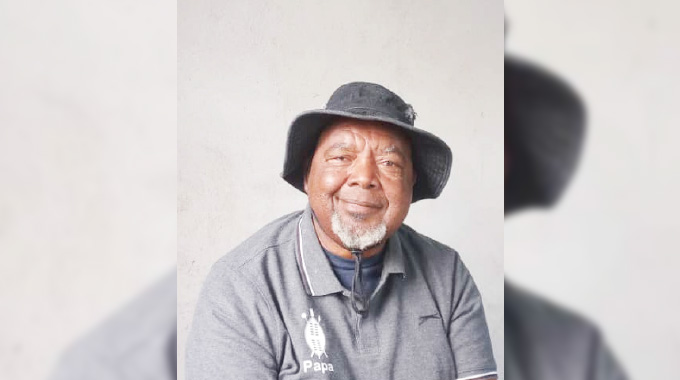
Sukulwenkosi Dube-Matutu, [email protected]
FORMER permanent secretary in the Ministry of Local Government and Public Works and Gwanda businessman, Engineer George Mlilo, said that the coming of independence in 1980 destroyed the colonial perception of black inferiority and inadequacy.
Eng Mlilo was among the first black engineers to serve Kwekwe Municipality, Gweru Town Council and Bulawayo City Council and said that decolonising the mind and instilling self-belief in the black population was at the heart of the liberation struggle.
Reflecting on the period, Eng Mlilo spoke of the Rhodesian oppression that was intended to keep black people unproductive and reliant on whites. After independence, he was one of the few qualified black engineers.
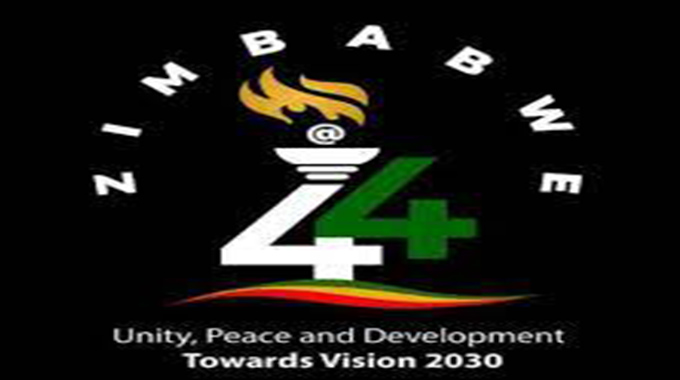
The nationalist leaders had deliberately equipped comrades with skills, and many had received training in countries such as Russia, Cuba and Hungary as part of preparations to govern the country.
Eng Mlilo was among those who were instrumental in facilitating the movement of comrades to various countries for skills development in the late 1970s while he was in Zambia after joining the liberation struggle.
Zimbabwe will celebrate 44 years of independence tomorrow with President Mnangagwa leading the main proceedings at Murambinda Growth Point in Buhera, Manicaland province, under the theme: “Zim@44: Unity, Peace and Development Towards Vision 2030”.
Eng Mlilo said colonial rule was meant to ensure that blacks did not become productive.
“We were supposed to depend on the whites and we were not supposed to do anything productive on our own. When I got to Zambia in 1976, instead of going for training, I was assigned to do administration work,” he recalled.
“There, I joined revolutionary leaders such as Dumiso Dabengwa, Jason Ziyaphapha Moyo, George Silundika and Skhwili Moyo, among others.
“My duty was to organise scholarships for guerrillas to receive skills training in different countries such as the Yugoslavia, Russia, Cuba, Hungary and Poland.
“I was sent to Budapest Technical University where I studied engineering from 1976 to 1981. I was one of the cadres who were emancipated because of the liberation struggle. While I was in Budapest, I used to facilitate cadres to access treatment in Hungary,” said Eng Mlilo.
He said after independence he was employed as an engineer in the Ministry of Local Government and National Housing. One of his key duties was to develop rural service centres before being moved to Kwekwe Municipality and then Gweru City Council.
He later joined the Bulawayo City Council as director of engineering services.
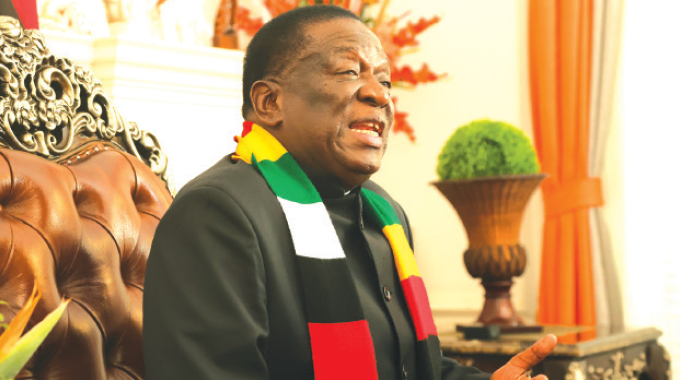
President Mnangagwa
“At independence, we were only about seven qualified black engineers. When cadres were being equipped with various skills, the idea was to capacitate black people to be independent and do things themselves and do them even better than the whites,” he said.
“Our cadres underwent training in various skills, so that we could have personnel that would hold positions in various sectors after we had taken over.
“We knew that those who were at home hadn’t undergone skills development because of discrimination.”
He said the oppressive environment he grew up in had given him the courage to join the struggle to end colonial rule.
He said the Land Apportionment Act, for instance, forcibly moved black people from productive land to poor arid land.

Bulawayo City Council
“I was born in West Nicholson, but the whites moved us to the Mlambapeli area. The area was very dry and difficult to realise much from farming. Some of our cattle were also taken by the whites. I did my education at several schools in Matabeleland South,” said Eng Mlilo.
“I then did teacher training at Gweru Teacher’s College from 1971 to 1973. At that time there were only two teachers’ colleges and Hillside Teachers’ College was for whites only.
“I was one of the pioneer teachers at Gwanda High School. The treatment we received was harsh and this inspired us to start talking about liberation,” he said.
He said black teachers were paid less than white teachers with women getting even less pay.
During his time as a teacher, Eng Mlilo said he influenced a number of youths, among them the late national hero Cde Zenzo Ntuliki, to join the liberation struggle.
He later relocated to Bulawayo as he was being sought by the Smith regime’s police for his involvement with the youth, a period he said was very traumatising.
Eng Mlilo also taught at Njube High School before moving to Botswana and later Zambia to join the liberation struggle.
-@DubeMatutu

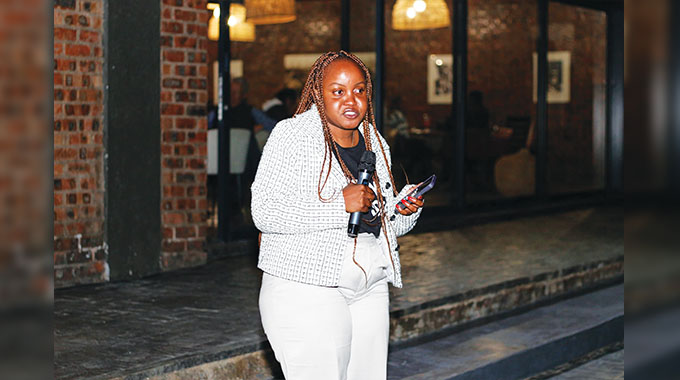
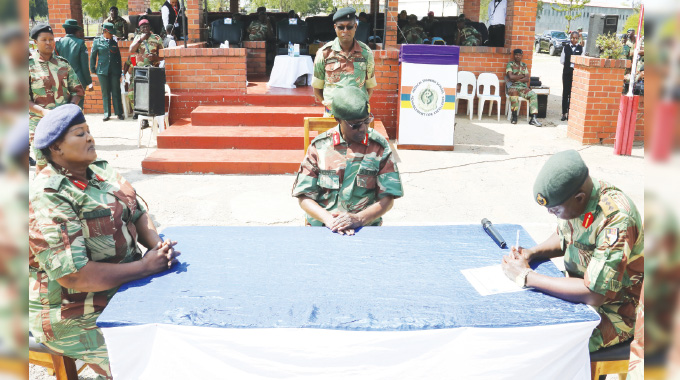
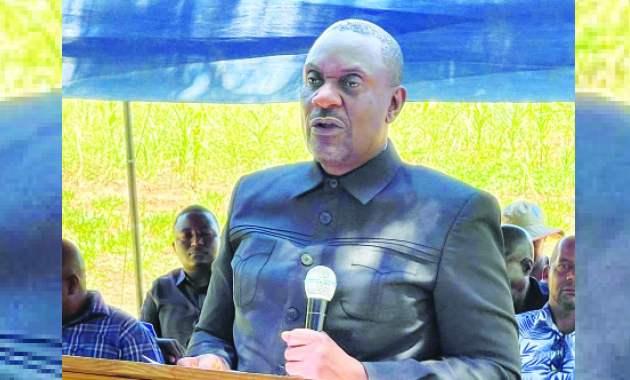





Comments